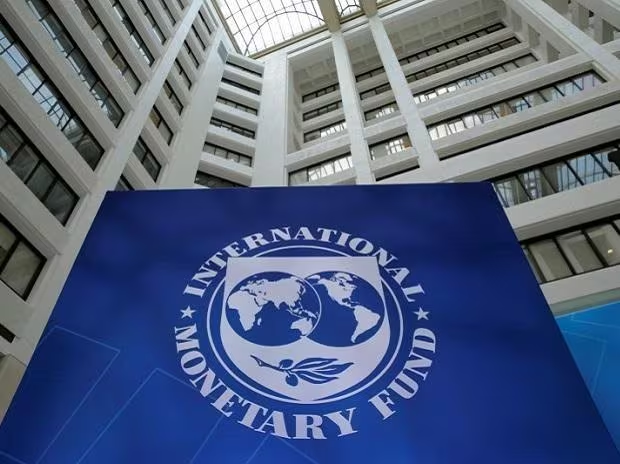Ahmedabad
(Head Office)Address : 506, 3rd EYE THREE (III), Opp. Induben Khakhrawala, Girish Cold Drink Cross Road, CG Road, Navrangpura, Ahmedabad, 380009.
Mobile : 8469231587 / 9586028957
Telephone : 079-40098991
E-mail: dics.upsc@gmail.com

IMF Bailouts
News: Recently, The International Monetary Fund (IMF) confirmed a USD 3 billion bailout plan (under Extended Fund Facility (EFF)) for Sri Lanka’s struggling economy.
What are IMF bailouts?
Bailout is a general term for extending financial support to a company/country facing a potential bankruptcy threat. It can take the form of loans, cash, bonds, or stock purchases. A bailout may (not) require reimbursement but is often accompanied by greater oversight and regulations.
Countries seek such assistance from the IMF to meet their external debt and other obligations, to purchase essential imports, and to prop up the exchange value of their currencies.
What is the procedure of IMF Bailout?
The IMF lends money to the troubled economies often in the form of Special Drawing Rights (SDRs).
SDRs simply represent a basket of five currencies, namely the U.S. dollar, the euro, the Chinese yuan, the Japanese yen, and the British pound.
This lending is carried out by a number of lending programs such as extended credit facility, flexible credit line, stand-by agreements, etc.
Countries receiving the bailout can use the SDRs for various purposes depending on their individual circumstances.
What about conditions?
A country may have to agree to implement certain structural reforms as a condition to receive IMF loans.
The conditions are often criticized believing it to be too harsh on public and often being accused of influenced by international politics.
However, the conditions are essential for successful lending; it may not make sense for IMF to throw money at a country if its faulty policies that caused the crisis remain untouched.
Countries with poor institutional functioning and high corruption are most likely to misspend the bailout money.
What are impacts of IMF bailouts?
| Advantages | Disadvantages |
| Ensure survival of country and help sort Balance of Payment issues | It adds to the burden on the people especially poor who are already at receiving end of economic collapse |
| A complete collapse of financial system can be avoided | IMF’s direction can result in reduced government spending and increased taxes |
| IMF also provides technical and subject matter expertise of how a country can come out of crisis and start afresh | Creates a sense of dependency on external funding |
| Other consequences such as political instability, can harm country’s reputation in eyes of Foreign and Domestic investors |

Address : 506, 3rd EYE THREE (III), Opp. Induben Khakhrawala, Girish Cold Drink Cross Road, CG Road, Navrangpura, Ahmedabad, 380009.
Mobile : 8469231587 / 9586028957
Telephone : 079-40098991
E-mail: dics.upsc@gmail.com
Address: A-306, The Landmark, Urjanagar-1, Opp. Spicy Street, Kudasan – Por Road, Kudasan, Gandhinagar – 382421
Mobile : 9723832444 / 9723932444
E-mail: dics.gnagar@gmail.com
Address: 2nd Floor, 9 Shivali Society, L&T Circle, opp. Ratri Bazar, Karelibaugh, Vadodara, 390018
Mobile : 9725692037 / 9725692054
E-mail: dics.vadodara@gmail.com
Address: 403, Raj Victoria, Opp. Pal Walkway, Near Galaxy Circle, Pal, Surat-394510
Mobile : 8401031583 / 8401031587
E-mail: dics.surat@gmail.com
Address: 303,305 K 158 Complex Above Magson, Sindhubhavan Road Ahmedabad-380059
Mobile : 9974751177 / 8469231587
E-mail: dicssbr@gmail.com
Address: 57/17, 2nd Floor, Old Rajinder Nagar Market, Bada Bazaar Marg, Delhi-60
Mobile : 9104830862 / 9104830865
E-mail: dics.newdelhi@gmail.com